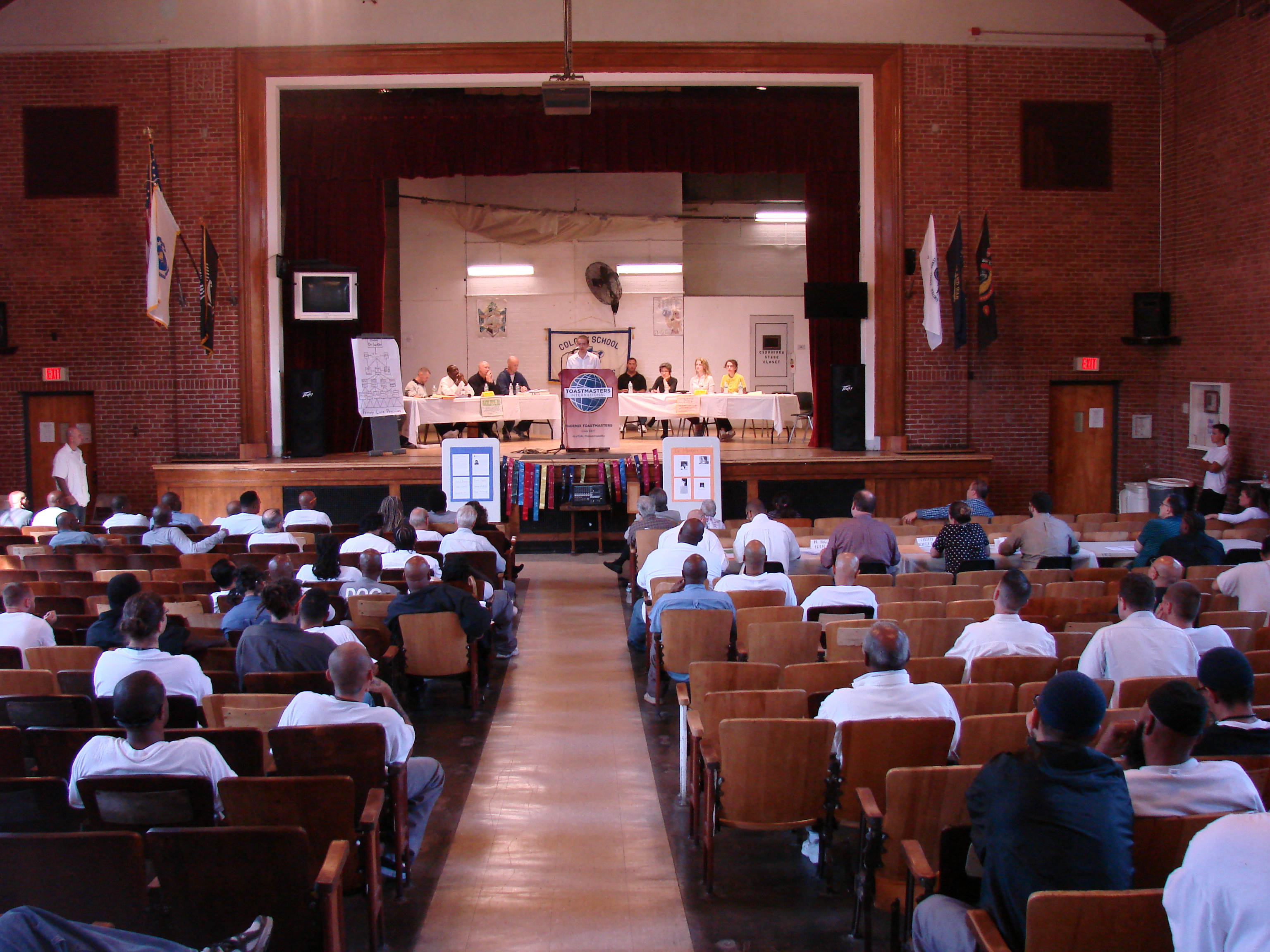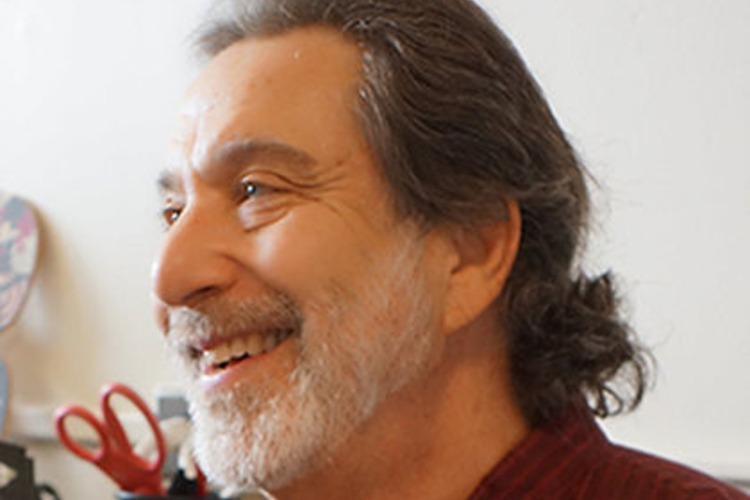MIT Education Inside Prison Walls
-
-
Slice of MIT
Filed Under
Recommended

On Monday evenings this spring, Lee Perlman PhD ’89 has been teaching a three-hour class, ES.9114 Nonviolence as a Way of Life, at the Suffolk County South Bay House of Correction. He has 20 students: 10 MIT undergraduates, who travel from campus with him by van, and 10 incarcerated individuals who are preparing to return to their communities after serving time.
The class is one of several run by MIT’s Educational Justice Institute (TEJI), which Perlman founded in 2017 and codirects with Carole Cafferty, who brings more than a quarter-century of experience as a corrections professional. TEJI develops educational programs that improve the reentry prospects of incarcerated people who are eligible for release, enhance the lives of those serving life sentences, and teach MIT students about the issues facing individuals in the criminal justice system.
Through TEJI, Perlman teaches what he calls “philosophical life-skills” courses to a mix of MIT students and incarcerated people in a variety of prison settings, including maximum security facilities. Discussion topics might include coercion, anger, and honesty, and conversations often veer into complicated territory—particularly when engaging with those within the prison population convicted of a violent crime. Take the subject of forgiveness: “When the person you’re talking to has murdered somebody, he has a perspective on the topic of forgiveness that’s quite different from yours. Most of these guys have thought an awful lot about forgiveness,” Perlman says. “It can be both intellectually profound and emotionally very moving to have those kinds of discussions.”
TEJI's goal is “to make college education available to all incarcerated people in Massachusetts capable of taking advantage of that opportunity.” —Lee Perlman PhD '89

TEJI is housed in the Experimental Study Group (ESG), MIT’s oldest first-year learning community. After eight years working as a public interest lobbyist and political organizer in Maryland, Perlman joined the group as a lecturer in 1984; it has been his home base at MIT ever since. While pursuing his doctorate in political philosophy and teaching an ESG course on nonviolence, he had the opportunity in 1987 to meet with a lifers group at a prison. “I thought, here we are, a bunch of middle-class people talking about violence who have never grown up around violence, and it would be interesting to go talk to some people for whom violence was a significant aspect in their lives,” he says. That experience inspired him to teach courses inside prisons, and eventually to create the institute.
Perlman says TEJI’s primary goal is “to make college education available to all incarcerated people in Massachusetts capable of taking advantage of that opportunity.” Among its initiatives is the Massachusetts Prison Education Consortium, which offers college courses and career training for people who are or have been incarcerated. Funded with the help of a grant from the Vera Institute of Justice and the Andrew W. Mellon Foundation, the consortium counts 40 colleges and universities among its members (up from 12 when it was formed last summer), and its partners in the state’s prison system include the departments of corrections, parole, and probation.
TEJI also supports Coders Beyond Bars, cofounded by Richard Kim SM ’18, who teaches coding and database management to currently and formerly incarcerated people to prepare them for entry-level careers in tech. Perlman notes that MIT community involvement in TEJI is welcome: “We invite alums interested in volunteering, or connecting us to people who could be helpful, to reach out,” he says.
As TEJI has grown exponentially over a relatively short period, the greatest challenge, Perlman says, has been combining the worlds of higher education and prisons. “The main concern is security,” says Perlman. “Prison officials are understandably very risk averse, and it just goes slowly to do anything they haven’t done before. It’s a meeting of very different cultures.”
In the classroom, Perlman has observed, navigating the intersection of those cultures can be especially eye-opening for the MIT students involved. “I think sometimes they’re a little shocked by the casualness with which the guys inside talk about violence in their lives,” he says.
The incarcerated students, meanwhile, often express surprise that they can hold their own in class, despite having on average an eighth-grade education. “School was always a challenge for them,” Perlman says. “Almost all the guys never, ever thought about going to college. They don’t know people who go to college. A lot of them say they were really intimidated, that MIT students were going to emphasize to them how dumb they were.”
Instead, he says, in their class evaluations, they often write something along these lines: “They’re really smart, but I’m smart in my own way. They weren’t any wiser about life than I am, and I can teach them things, too.”
Photo (top): In fall 2018, sponsored by TEJI, the MIT Debate team faced off with the debate team at MCI-Norfolk, the largest medium security level facility in Massachusetts. Credit: Natasha Haverty.







